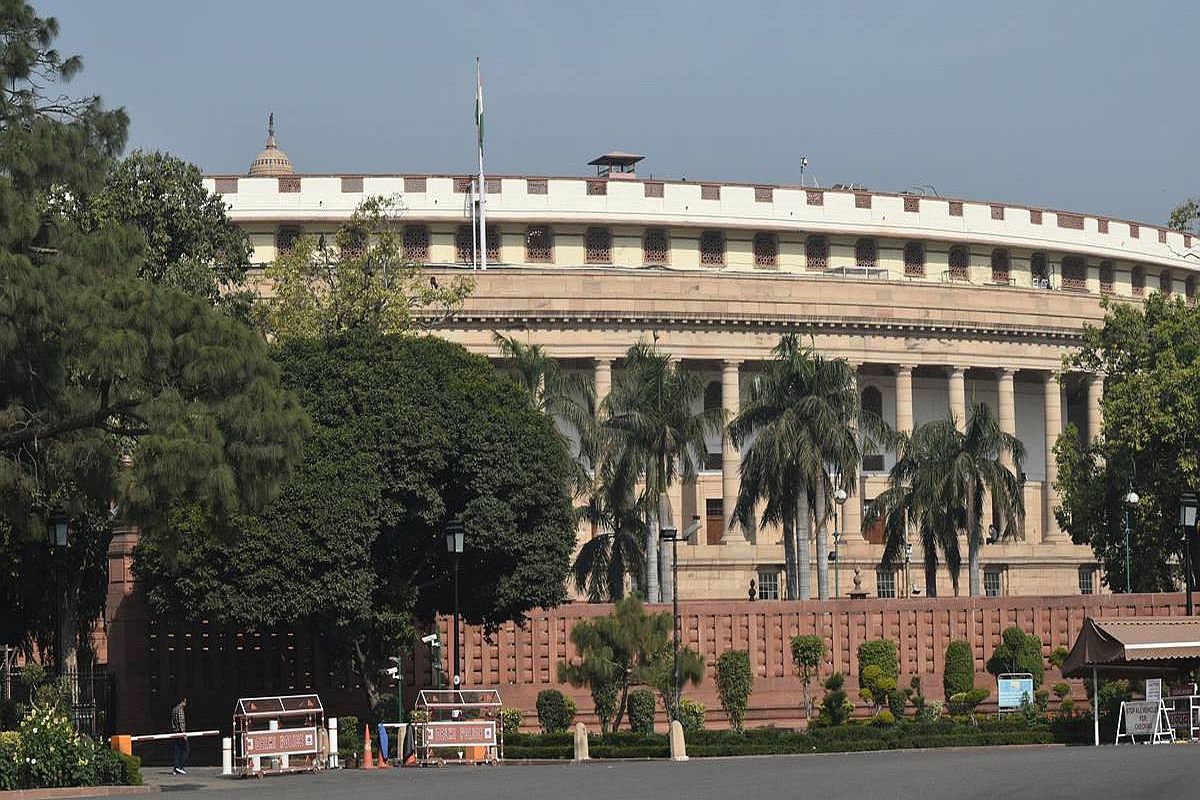Following a face-off between the Government and the Opposition, the National Investigation Agency (Amendment) Bill, 2019 was passed in the Lok Sabha on Monday.
The amendment bill will allow the probe agency to probe terror cases targeting Indians and Indian assets abroad. The bill seeks to broaden the NIA’s powers and can be seen as part of NDA’s policy of zero tolerance against terrorism.
Advertisement
A total of 278 members favoured for the passage of the bill while six opposed it.
The bill would now go to the Rajya Sabha before being sent to the President for his approval.
A few opposition leaders including AIMIM MP Asaduddin Owaisi had raised concerns over possible misuse of the terror law.
However, Home Minister Amit Shah assured the house that the bill was aimed only at eliminating terrorism.
The minister added that the anti-terror law will not see the religion of people involved in terror activities and the changes in the law will effectively handle terror cases.
“Many members have said that POTA (Prevention of Terrorism Act) had to be repealed because it was misused. TADA (Terrorist and Disruptive Activities (Prevention) Act) had to be repealed because they were misused. I want to make the record clear that POTA was not repealed because it was misused. POTA was repealed for the reason of vote bank politics,” Shah said.
Senior Congress leader Manish Tewari had earlier in the day accused the government of trying to turn India into a police state.
The National Investigation Agency (Amendment) Bill, 2019 provides for the national-level agency to investigate and prosecute offences listed in a schedule (scheduled offences). Further, it allows for the creation of Special Courts for the trial of such scheduled offences.
The NIA was set up following the Mumbai terror attack under the NIA Act, 2008.
The amendment in the NIA Act also allows the investigating agency to handle cases of cyber terrorism, human trafficking, offences related to counterfeit currency or bank notes and manufacture or sale of prohibited arms.
Once the amendments are incorporated in the law, NIA officials would have the same investigation powers in terror cases as other police officers across India. Additionally, they will have the power to investigate scheduled offences committed outside India subject to international treaties and domestic laws of other countries.
The bill also allows the Central government to designate sessions courts as special courts for the trial of scheduled offences.









